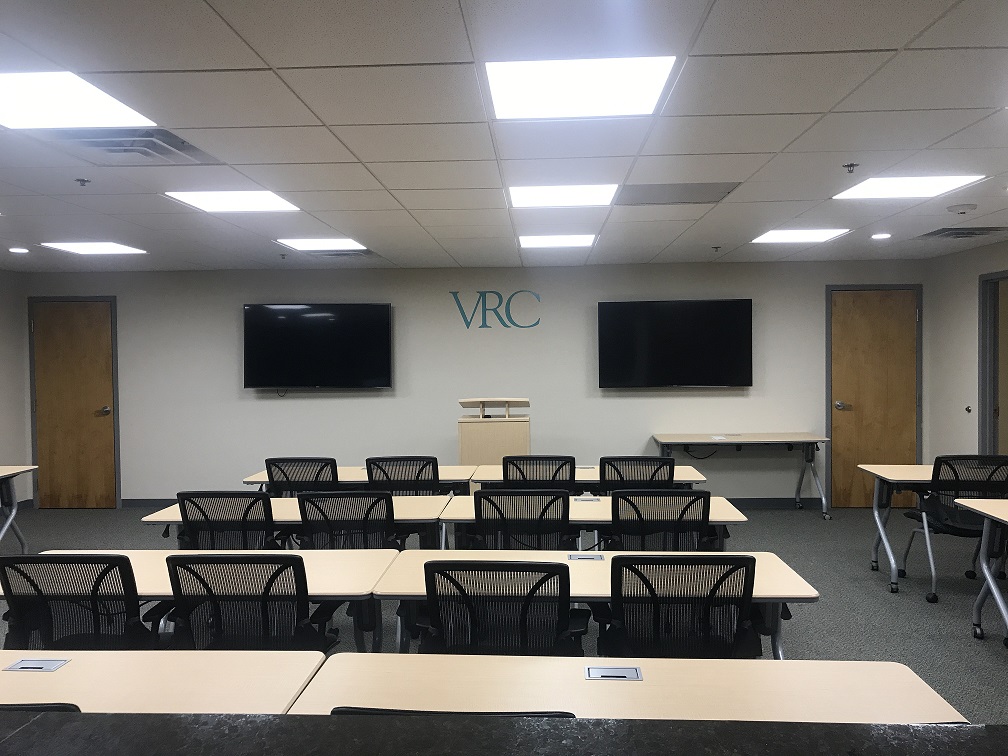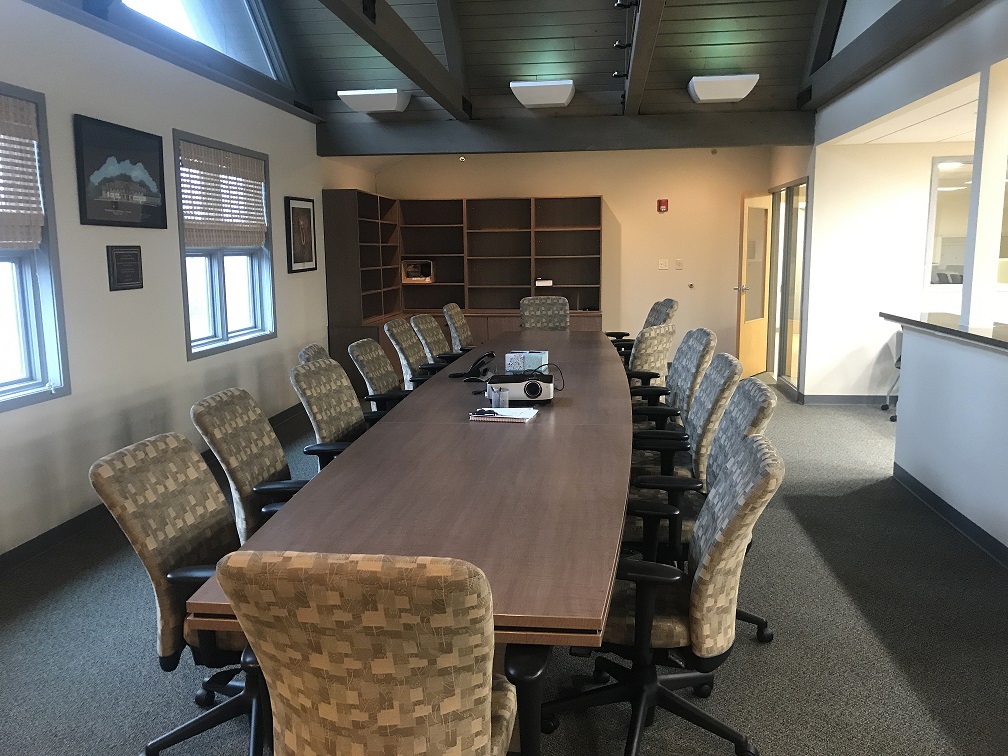Over the past few decades, cancer has unfortunately become a more common diagnosis in cats and dogs. Advances in diagnostic tests available in veterinary medicine have greatly improved our ability to make these diagnoses sooner, which can make a big difference in the treatment options available to your pet. VRC would like to take this opportunity to counsel pet owners about how we approach a cancer diagnosis not only for your cat or dog but also for you.
Coping with Cancer Diagnosis in Your Beloved Pet
A diagnosis of cancer can feel devastating and be a difficult topic of discussion. Working with your veterinarian gives you and your pet access to information regarding the different treatment options available as well as what additional tests may be helpful in formulating a treatment plan. Be sure to ask any questions that you feel you need the answers to. Your veterinarian is here to help you understand what is wrong and what your options are. Unfortunately, there are some questions veterinarians still do not know the answers to, but we will do our best to give you as much information as possible to help you make the best decisions in regards to treatment for your pet and family.
Veterinary oncologists can treat cancer in cats and dogs in a variety of ways, so it is important that you discuss the best options for your pet with your veterinarian. Being your pet’s advocate means that you need to consider what is best for him or her when there are multiple options for treatment available, which could mean making important, and sometimes difficult, decisions for your pet’s well-being.
Treating Cancer in Your Pet at VRC
VRC has an oncology team dedicated to treating cancer in pets. Colleen Martin, DVM, MS, Practice Limited to Oncology is the newest veterinarian on VRC’s oncology team. Specializing in medical oncology, Dr. Martin will discuss the treatment options available for your pet including chemotherapy, radiation therapy, and surgery. VRC also offers holistic therapies for pets, including laser therapy, acupuncture, and aquapuncture, which can help reduce pain and promote healing.
With the goal of increasing the length and quality of your pet’s life, VRC’s oncology department will always put your pet’s well-being first. You can expect a VRC oncologist to provide you with a list of options and recommendations for your pet’s treatment.
In many cases, VRC’s oncology team is able to approach cancer using either chemotherapy, surgery, radiation therapy, or a combination of these treatments. In the end, our team hopes to either cure or slow the progression of cancers that pets who come through our doors are diagnosed with, so they can live their longest, healthiest lives with little to no pain.
The oncology team can also provide resources to help you cope with the diagnosis your pet has received. While your pet’s treatment is of the utmost importance, we understand that this is an emotional time and can provide assistance to you as well. One great resource that VRC works closely with is Day By Day Pet Caregiver Support, who provides emotional support to caregivers after a difficult diagnosis and pet loss support to those whose pets have passed away or are facing the end of life. Day By Day has a support hotline, support groups, and other resources for grieving pet owners.
Coping with the Loss of a Pet
When a cure is not possible, we will do everything we can to lengthen and improve your pet’s quality of life, as well as keep him or her as comfortable as possible as he or she faces the end of life. Whether you were prepared or not, losing a pet is a difficult experience. It is important that you allow yourself to grieve in ways that make you feel comfortable but also to let someone you feel close with or a counselor in on how you are feeling. Your feelings are valuable and talking about and working through them in a healthy way can help you heal over time.
When you are experiencing loss, it can be beneficial to speak to a professional or other people who have experienced a similar loss. Don’t be afraid to ask people for additional support throughout this trying time. Again, Day By Day Pet Caregiver Support is a wonderful resource for people not only during the grieving process after a loss but also for the emotions you may experience from the time you receive news of a pet’s difficult diagnosis through the treatment process.
If you have other pets, it can be helpful to try to keep their routine as normal as possible, as they are also probably experiencing the loss of their friend. The responsibility to care for other pets can be a great way to keep yourself going after the loss of a beloved pet.
Helping Children Cope with the Loss of a Pet
The death of a pet is often the first loss many children experience. It is important that you are honest with your children about the loss your family has suffered as withholding the truth about the death of a pet can cause confusion and anger for your children when they find out what really happened.
It may be helpful to include your children in the process and help them learn to understand the emotions they are feeling. There are several books available that you can read to your children about losing a pet as well as counselors who can help them sort through these emotions.
If you believe your pet has cancer or if you have received a diagnosis of cancer in your pet, be sure to contact VRC at 610-647-2950 today for an appointment. The veterinary oncology team at VRC is available to diagnose cancer and to provide pets with a variety of treatment options.







 Email
Email





